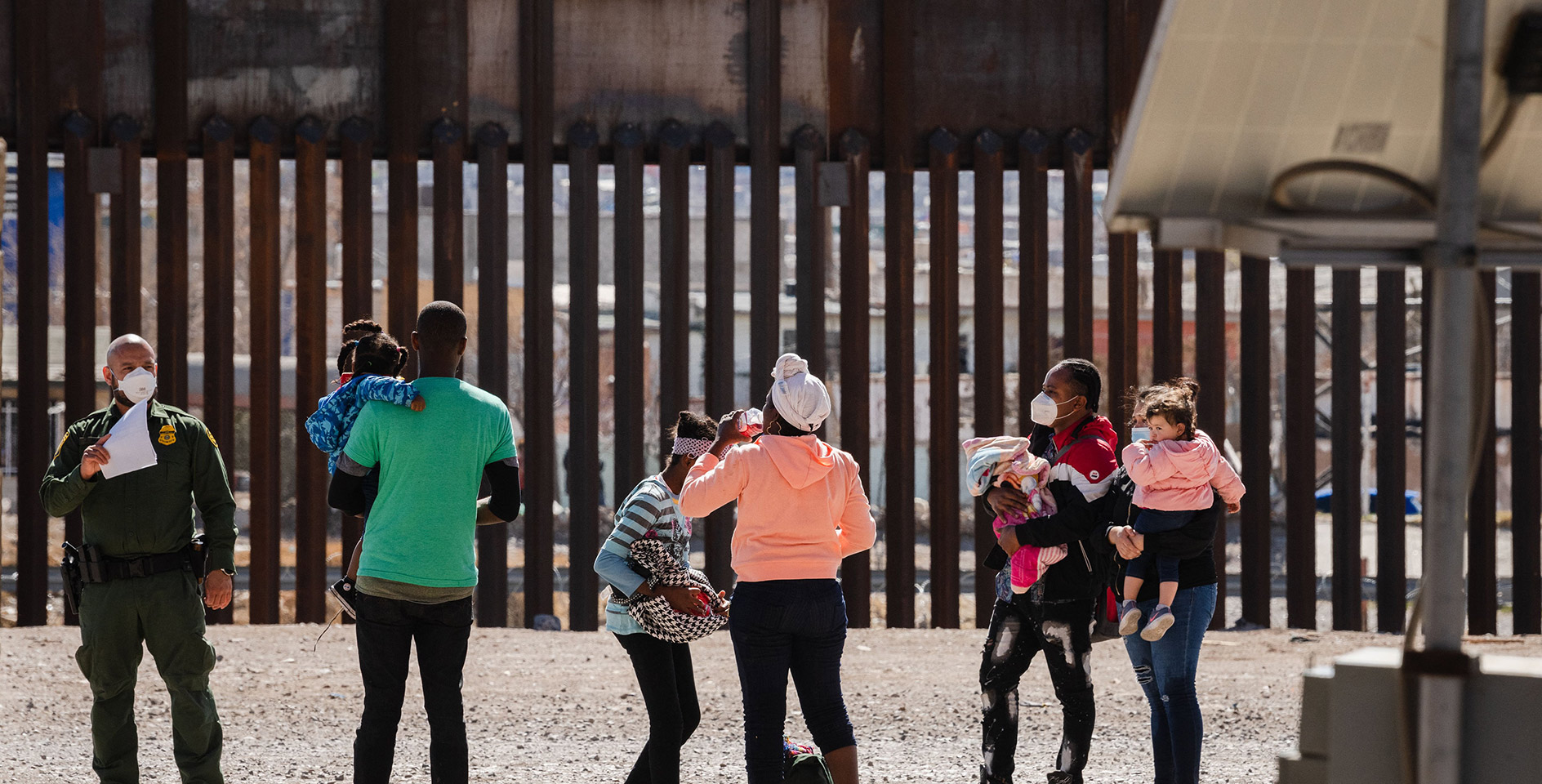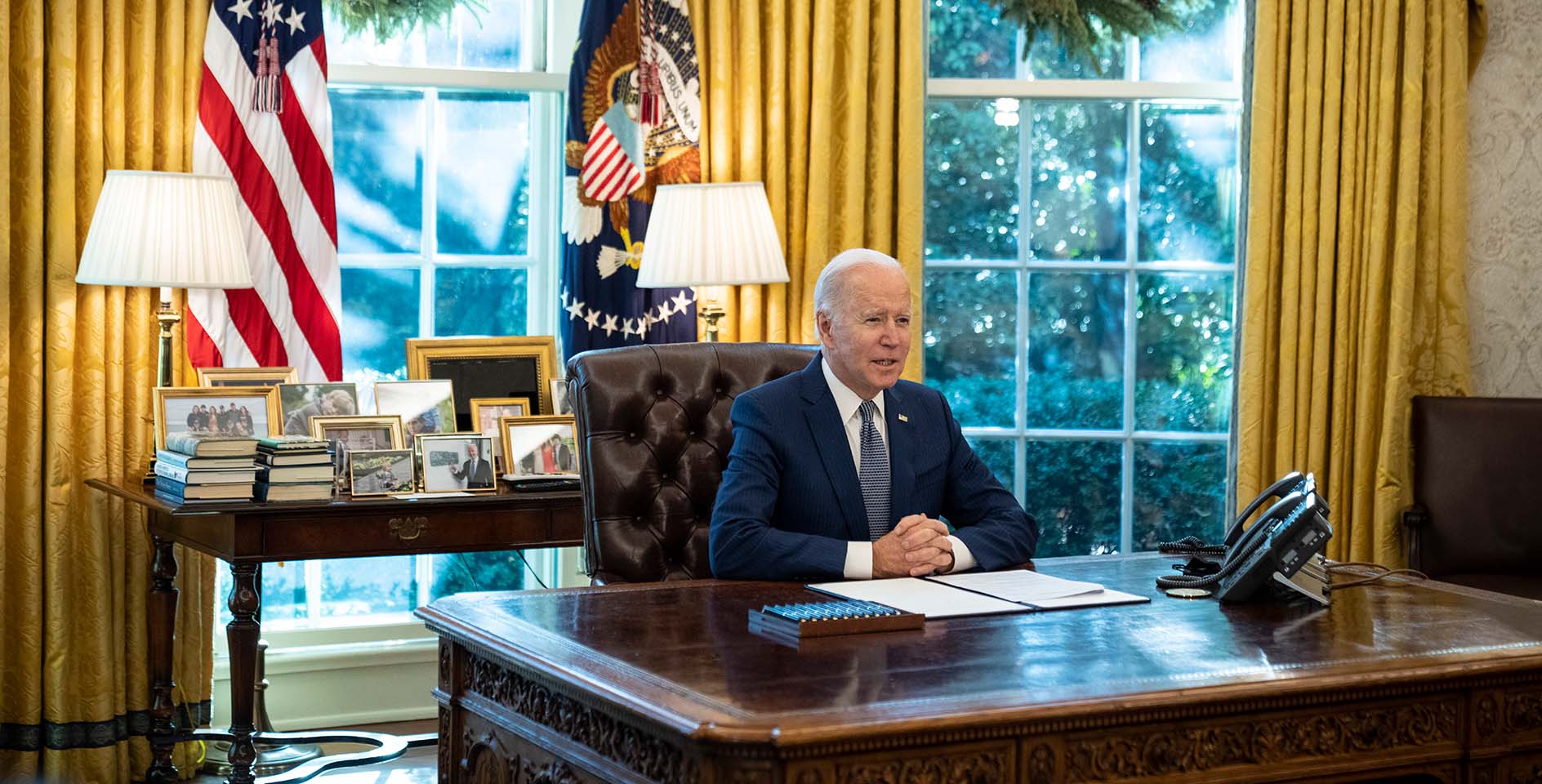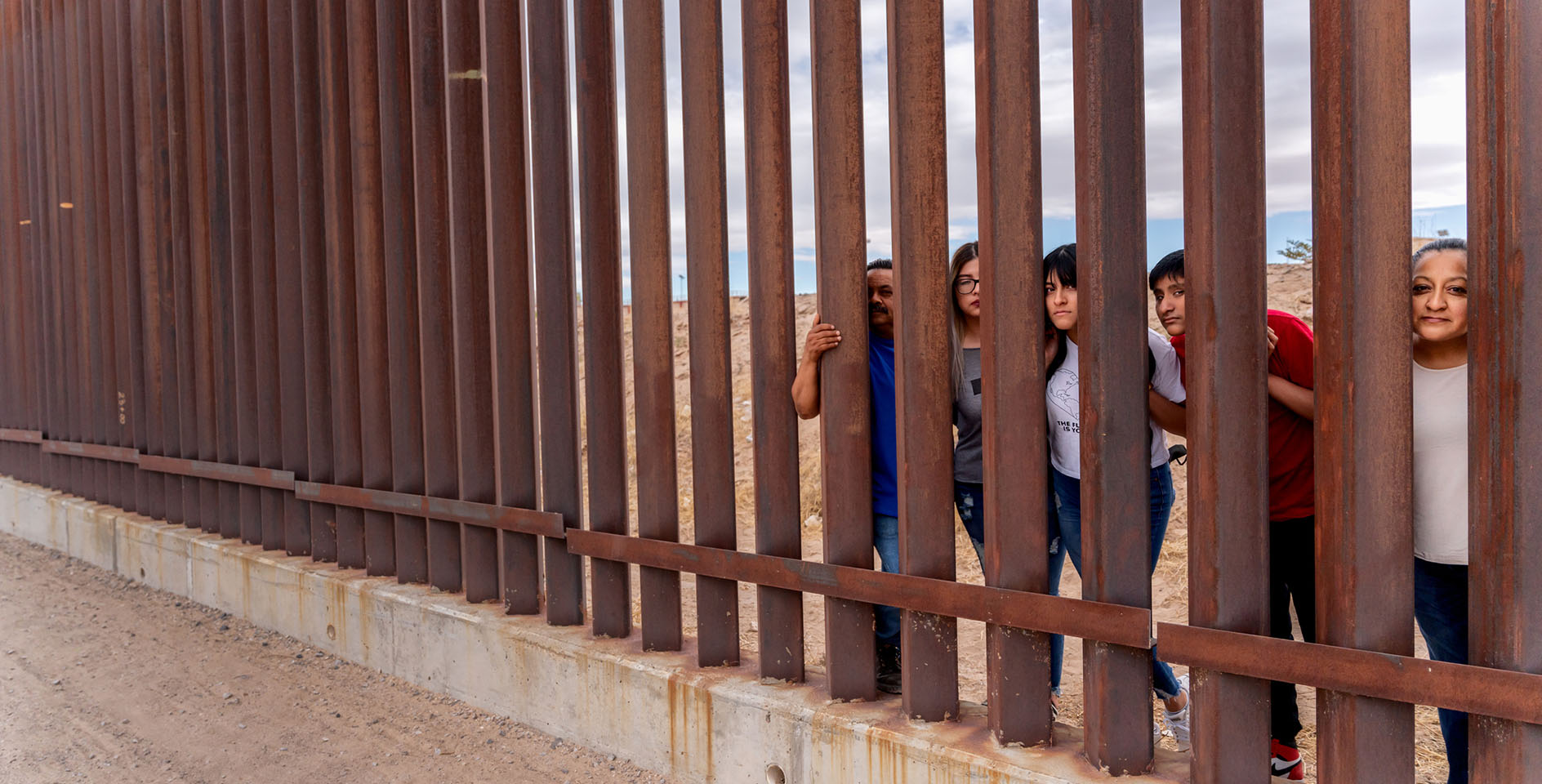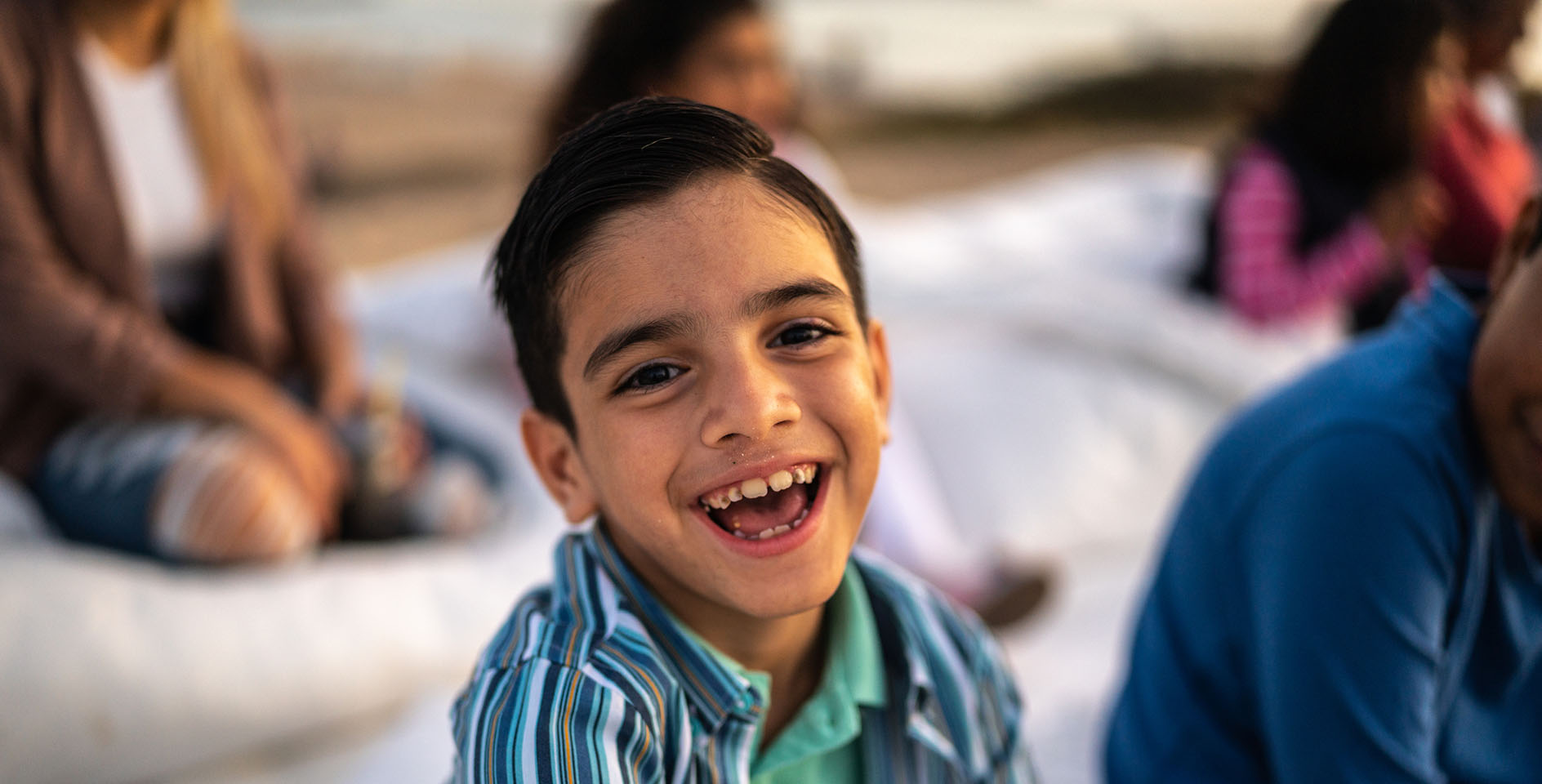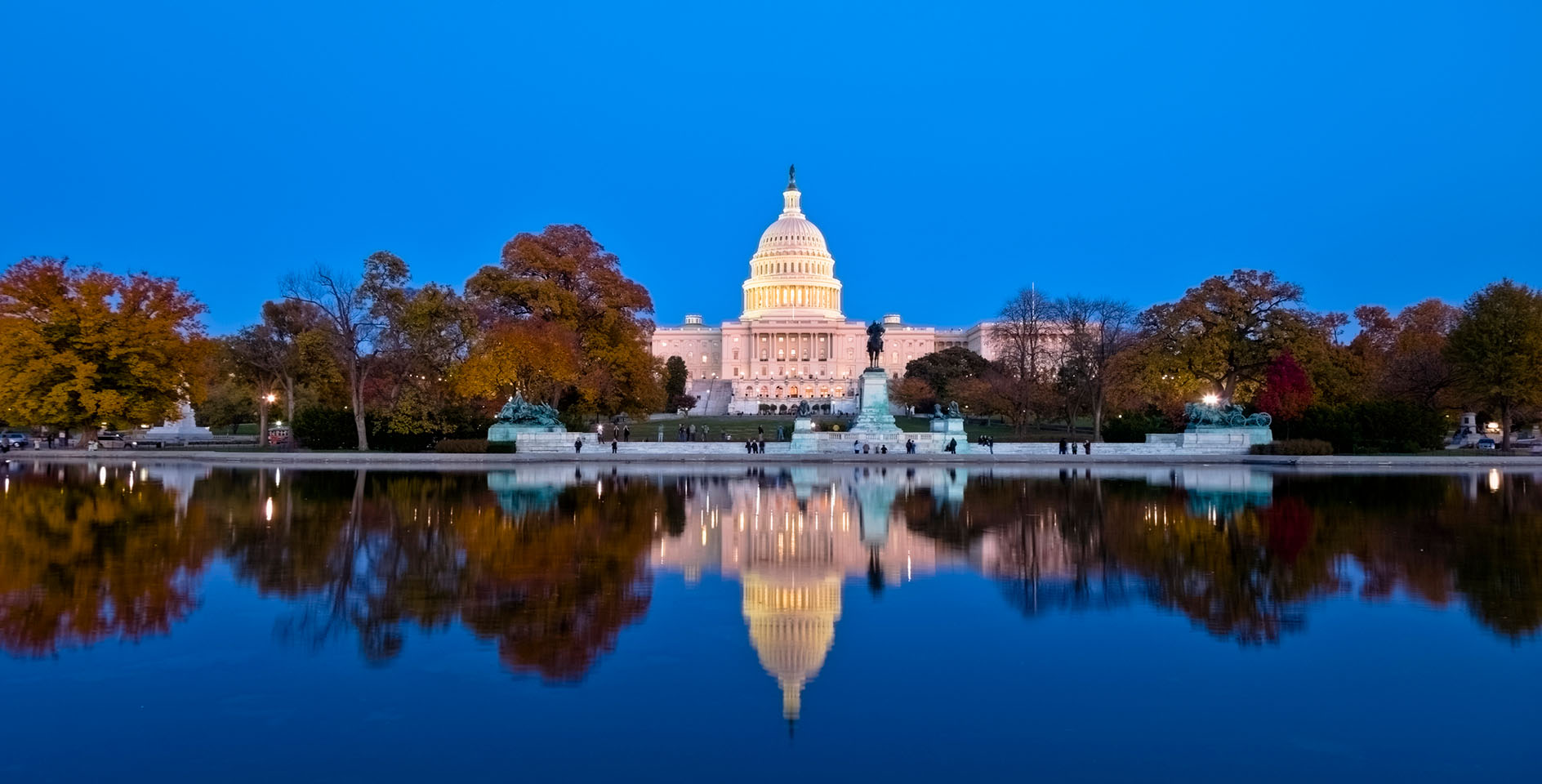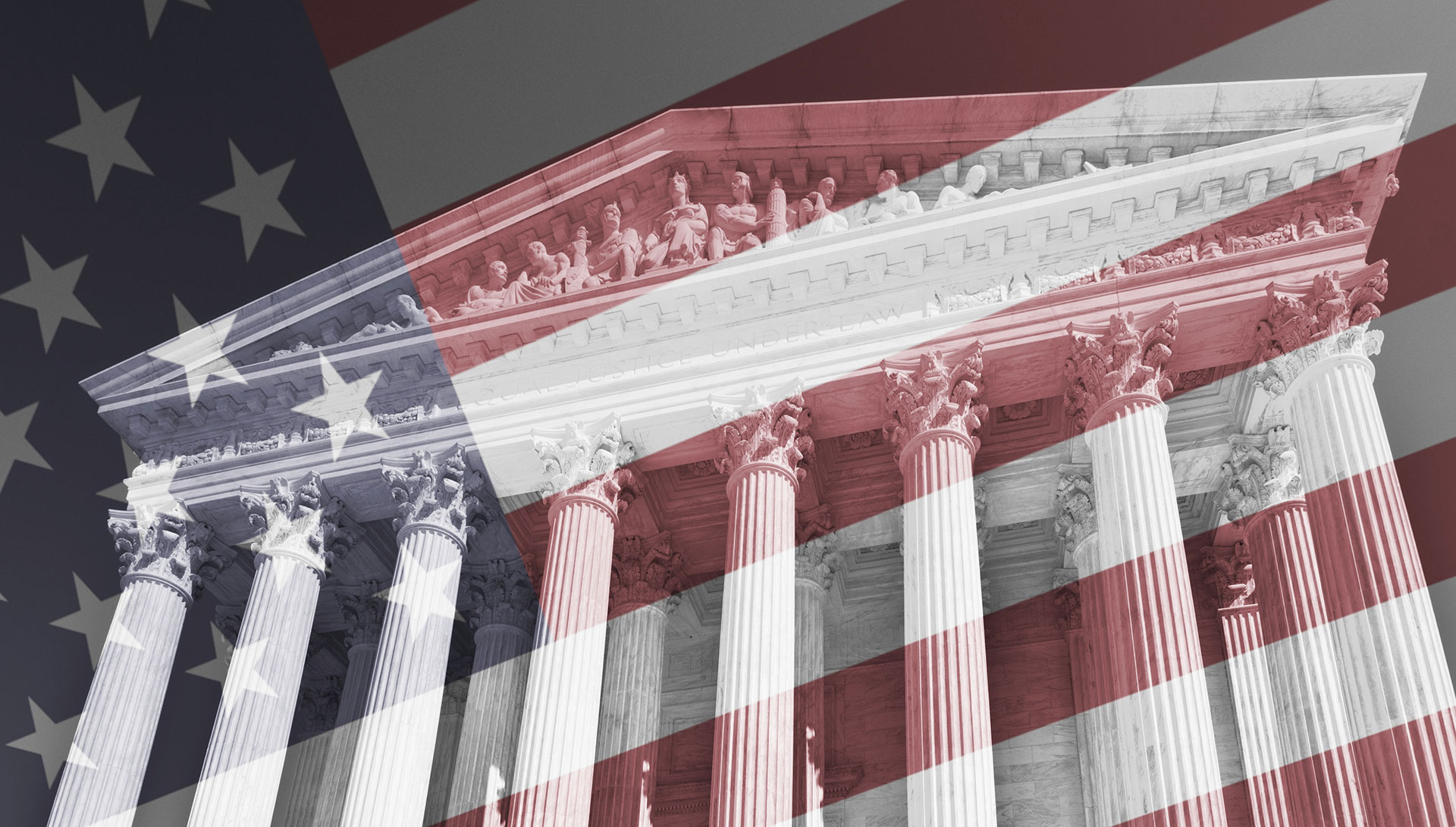A growing number of children are arriving at the southern border without parents or guardians in hopes of migrating into the United States. These child migrants are legally referred to as Unaccompanied Alien Children (UACs). This surge in arrivals of UACs is creating a humanitarian crisis out of an already difficult situation for border towns and the Department of Homeland Security (DHS) as U.S. Border Patrol facilities are stretched far beyond their capacity.
How many children are arriving at the U.S. southern border?
According to a report from CBS, in the month of February 2021 alone, “nearly 9,500 unaccompanied children were taken into U.S. border custody — a 21-month high, according to government data.” As of March 2, a complex in Donna, Texas that was designed to hold 250 people was housing more than 1,800 people according to a report from the Associated Press. This crowding is made worse because of the battle against COVID-19 as it is “729% of its pandemic-era capacity.” In a story published by CNN, Leecia Welch of the National Center for Youth Law said, “Donna is quickly becoming a humanitarian crisis.”
Earlier today, March 16, DHS Secretary Alejandro Mayorkas released a statement noting that the department is “on pace to encounter more individuals on the southwest border than we have in the last 20 years.”
What are the conditions like for children on the border?
Many of the children in this facility describe harsh conditions and hunger. The CBS report noted that some children told their lawyers they “only showered once in seven days” and that the facility was so overcrowded “they had to take turns sleeping on the floor.” The situation’s urgency grows as the boys and girls are also reportedly being denied the ability to phone their parents or see their siblings of the opposite sex as they are held in single gender facilities.
How is this connected to America’s larger immigration problem?
First, the challenges of this current crisis are in part the result of President Biden’s decision to end former President Trump’s practice of expelling all border aphrensions, which included sending children back into situations of potential danger. Expulsion was the policy in place for most of 2020 without much public awareness, though the ERLC and coalition partners then called the Trump Administration to take a more humane approach, specifically for vulnerable children.
While this 2021 crisis is new in its particulars, the situation does have similarities with previous UAC surges. As an example of a similar crisis, after an AP report in 2019 showed unconscionable conditions for children at a border facility near El Paso, the ERLC published an explainer to give further context to the issues which shape these problems. The piece also outlines how migrant children are treated differently by immigration law and what reforms could blunt future issues.
Today, both the strain on border facilities and the woes facing these kids are distressingly familiar to what our nation has seen too many times. This 2021 crisis is yet another result of the dysfunctional immigration system in the U.S. that Congress has refused to reform for decades. Our nation’s border problems have been exacerbated over the last decade in particular by spikes of violence in El Salvador, Guatemala, and Honduras coupled with increasing resistance in American politics to foriegn aid. It’s difficult for most Americans to imagine how desperate a family’s circumstance must be to choose to send their children on a dangerous journey unaccompanied in hopes of a better life.
What is going wrong right now?
As the AP reported, “more children are waiting longer in Border Patrol custody,” with 37 days being the average length of stay. This time lapse is the key failure of this crisis — the failure to process children swiftly into the stable care required by federal law.
Unaccompanied children are to be processed by DHS and transferred within three to five days to the U.S. Department of Health and Human Services’ (HHS) Office of Refugee Resettlement (ORR). We wrote about the unique legal treatment our government is supposed to honor with UACs in our 2019 explainer:
At the center of the government’s policies toward child migrants is a 1997 consent decree known as the Flores Settlement Agreement. Flores directs that children who are unaccompanied or who have been removed from their parents during the process of immigrating are to be transferred to a licensed facility within three to five days of apprehension, and a max of 20 days during times of emergency influx, according to the nonprofit Human Rights First. . . . The Flores Settlement also lays out housing condition standards, including the requirement of “safe and sanitary facilities” among many others, all while the government makes a “prompt and continuous effort toward family reunification and release” for children.
What is the U.S. government doing about the issue?
It is clear that there is not yet a sufficient federal government response to ensure the adequate care of these children. On March 13, the Biden Administration announced it was enlisting FEMA to help. The administration is also planning to shelter migrant children at a conference center in Dallas, as they await processing with HHS ORR. For more, you can read Sec. Mayorkas’ statement highlighting the department’s actions. Their plans include standing up more shelters, working with Mexico to receive expelled adult migrants, and a variety of COVID19 protocols for migrants and DHS staff.
How has the SBC engaged the immigration reform debate?
In 2018, the Southern Baptist Convention passed a resolution calling for immigration reform that “maintains the priority of family unity.” This resolution prioritizes “honoring the value and dignity of those seeking a better life for themselves and their families” in light of the “warfare, violence, disease, extreme poverty … driving millions of people to leave their homelands.” The 2018 messengers also passed a resolution on human dignity in which the messengers affirmed “the full dignity of every human being of whatever political or legal status or party and denounce rhetoric that diminishes the humanity of anyone.” In 2011, SBC messengers passed a resolution denouncing the mistreatment of migrants and calling for immigration reform that would “implement, with the borders secured, a just and compassionate path to legal status.”
The resolutions on immigration echo the language of the Baptist Faith and Message 2000, which affirms the sacredness and dignity of human beings made in God’s image. The BFM also affirms Christians’ responsibility to speak on behalf of the helpless and the needy and work for human institutions to reflect God’s righteousness.
How is the ERLC advocating on this issue?
The ERLC has long advocated for immigration reform that would accord with biblical principles. In 2014, Russell Moore wrote about the growing number of unaccompanied children arriving at the border then, calling it a “humanitarian crisis” and calling Christians to “recognize both the complexity of this situation and what it means to be people of justice and mercy.” Moore’s words continue to anchor our advocacy today:
When responding to the vulnerable, our greatest obstacle isn’t the question of knowing what to do. Our greatest obstacle is fear. The Samaritan in Jesus’ parable (Lk. 10:27-37) has every reason to be afraid on the Road to Jericho. The presence of a beaten man tells him there are robbers around, potentially hiding in the caves around him. Fear, though, is cast out by love; love is not cast out by fear. … The situation at the southern border is frightening indeed, for multiple reasons. Border security is important for the physical safety of any nation, and the care of those fleeing danger is important for the moral integrity of any people.
Central to our advocacy is our work with the Evangelical Immigration Table (EIT). The EIT is a diverse group of organizations that speak up for the vulnerable and call for better policies. A few policies the EIT has called for to address these border crises involving children include supplemental funding for facilities, additional personnel trained to care for children, respect for asylum laws and family unity, and restoration of foreign aid to the countries these migrants are fleeing.
A few weeks ago on the Capitol Conversations podcast, as news began to surface of this impending crisis, Jeff Pickering and Travis Wussow welcomed Laura Collins, an immigration expert with the George W. Bush Institute, to discuss border policy solutions. You can listen to that conversation here.
What happens next?
The federal government must ensure that children currently in border patrol custody are transferred as soon as possible to HHS ORR who is better equipped to shelter as well as test and quarantine the children if needed due to the pandemic. Once with HHS ORR, the children are then connected with sponsors, who are typically family members but can also include foster families. According to Sec. Mayorkas, “in more than 80 percent of cases, the child has a family member in the United States. In more than 40 percent of cases, that family member is a parent or legal guardian.”
What is clear is that additional resources are needed at the border to ensure that children who arrive here are safe, fed, and treated with the dignity and respect they deserve as our legal system determines the best way forward for them.
